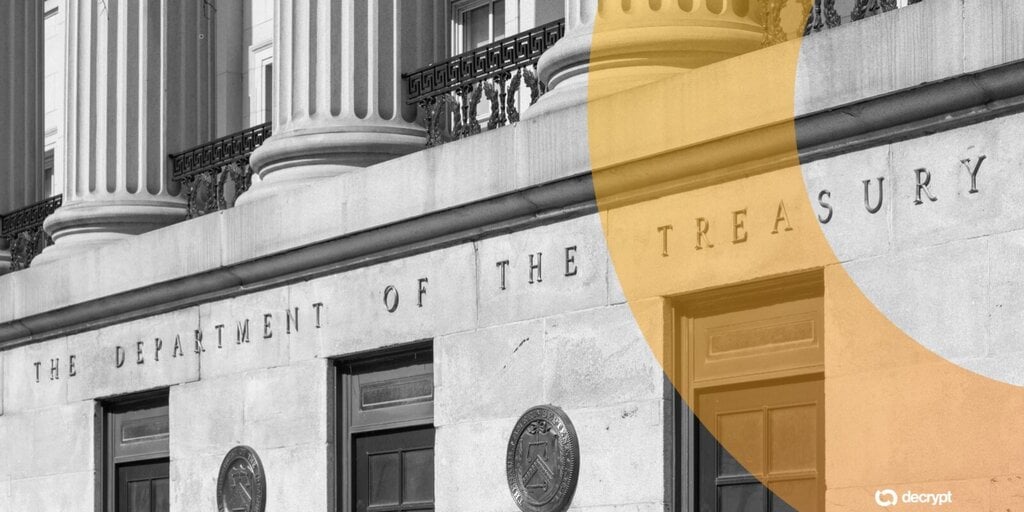
The world of cryptocurrency continues to gain attention as U.S. lawmakers urge the Treasury Department to evaluate the feasibility of a government-held Bitcoin reserve. This groundbreaking move stems from a new House appropriations bill, which calls for clarity on the custody, cybersecurity, and governance of digital assets within government systems. Here’s everything you need to know about the proposal and what it might mean for the future of cryptocurrency regulation in the United States.
Understanding the Proposal
A new bill, introduced by Representative David Joyce (R-OH), seeks to direct the Treasury Department to assess the creation of a Strategic Bitcoin Reserve. This measure focuses on exploring the legal authority, practical feasibility, and operational framework for government-held digital assets.
Specifically, Section 137 of the bill requests a detailed report on the practicability of managing Bitcoin reserves and a U.S. Digital Asset Stockpile. This report would cover how these reserves would integrate with the Treasury Forfeiture Fund and any legal mechanisms needed to facilitate interagency transfers. Additionally, Section 138 calls for the Treasury to develop a 90-day plan addressing the custody, cybersecurity, and accounting methods for these assets.
What the Treasury Would Provide
If passed, the Treasury Department would need to answer critical questions such as:
- Whether it is feasible to establish a national Bitcoin reserve
- How the reserves would be legally authorized and governed
- What cybersecurity protocols would secure the assets
- The interagency processes for managing and transferring digital assets
- How Bitcoin and other cryptocurrencies would be accounted for on government balance sheets
These measures aim to provide clarity and set standards that could act as benchmarks for the broader digital asset industry.
The Broader Impact on Cryptocurrency
According to Kurt Watkins, founder of Watkins Legal, the bill could represent a pivotal moment for the cryptocurrency market. Defining custody standards, legal frameworks, and cybersecurity protocols for government-held assets would not only streamline government use but also establish industry-wide trust and benchmarks.
The proposed reserve builds on executive steps from the previous administration that addressed cryptocurrency but lacked detailed mechanics. Watkins highlights that, should this bill pass, the U.S. would move closer to operationalizing digital asset reserves on a structured, secure platform.
Implications for Crypto Enthusiasts and Investors
For cryptocurrency enthusiasts, investors, and companies, the introduction of a government-held Bitcoin reserve could provide much-needed regulatory clarity. As the federal government sets custody and accounting standards for digital assets, it could pave the way for mainstream adoption and institutional trust in cryptocurrencies.
Looking Ahead: Federal Spending and Crypto Regulation
The bill’s progress now hinges on wider negotiations regarding federal spending. However, its introduction highlights growing bipartisan acknowledgement of cryptocurrency as a financial asset that requires proper governance and security measures.
As the cryptocurrency space evolves, adopting best-in-class practices for cybersecurity and accounting will be paramount for both the public and private sectors.
A Must-Have Tool for Crypto Security
If you’re serious about securing your cryptocurrency, consider investing in the Ledger Nano X hardware wallet. Its advanced security features and user-friendly interface make it perfect for safeguarding your digital assets, whether you’re a beginner or a seasoned investor.
Stay tuned as this landmark bill moves through the legislative process and potentially reshapes cryptocurrency regulation in the U.S.





